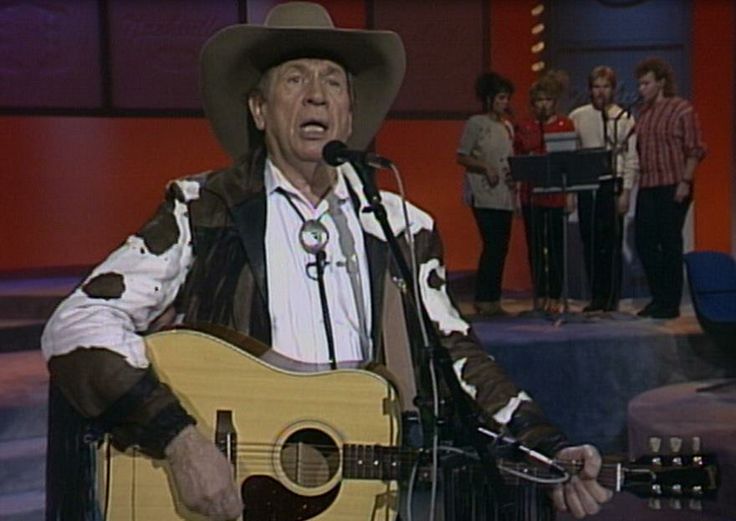
Deception Wears a Handsome Face in This Haunting Tale of Love and Betrayal
Released in 1969 as the title track to Buck Owens’ album Tall Dark Stranger, “Tall Dark Stranger” swiftly climbed the charts, earning Owens his twenty-first No. 1 single on the Billboard Hot Country Singles chart. By then, Owens had already carved out a legacy as a founding architect of the Bakersfield sound—a stripped-down, electric guitar-driven alternative to the lush orchestral style dominating Nashville. Yet even within his prolific catalog, “Tall Dark Stranger” stands apart as a darkly cinematic narrative, brooding with tension and shaded in emotional complexity.
At its core, “Tall Dark Stranger” is not merely a tale of infidelity—it is a ballad of foreboding inevitability, a morality play cloaked in the dusty language of country music noir. The song unfolds like a short story whispered from one jilted soul to another, carried on the wind across empty plains and neon-lit taverns. The titular character, the “tall dark stranger,” is not just a rival for affection but a symbolic harbinger of ruin—a figure who enters with charm and leaves only wreckage behind.
Musically, Owens leans into minimalism with masterful control. The production—tight, lean, unadorned—accentuates the narrative’s tension. Don Rich’s Telecaster slices through the mix like a warning siren, while the shuffle rhythm ambles forward with deliberate restraint, suggesting that this betrayal is not sudden but slow-burning and inevitable. Every note feels as if it’s been carefully weighed against silence.
Lyrically, Owens crafts an atmosphere rich with suspicion and quiet agony. He sings not from the vantage point of an outraged lover but from that of an almost resigned narrator—one who watches helplessly as love unravels under his gaze. “Beware of that tall dark stranger,” he warns—not just to his beloved but perhaps to us all. It’s a line freighted with fatalism; we are not always betrayed by what is monstrous or obvious but by what is alluring, gentle-spoken, and unexpected.
There’s something timeless in that message—a recognition that danger often comes disguised in beauty. Owens was no stranger to heartache himself; his off-stage life was complicated by personal struggles and romantic discord. That emotional truth seeps into every crevice of this song. He isn’t preaching; he’s bearing witness.
Though “Tall Dark Stranger” may not receive the same frequent citation as other Owens classics like “Act Naturally” or “Together Again,” it remains one of his most emotionally potent compositions—a stark reminder that country music at its best doesn’t just tell stories; it tells truths we’re often too afraid to speak aloud.